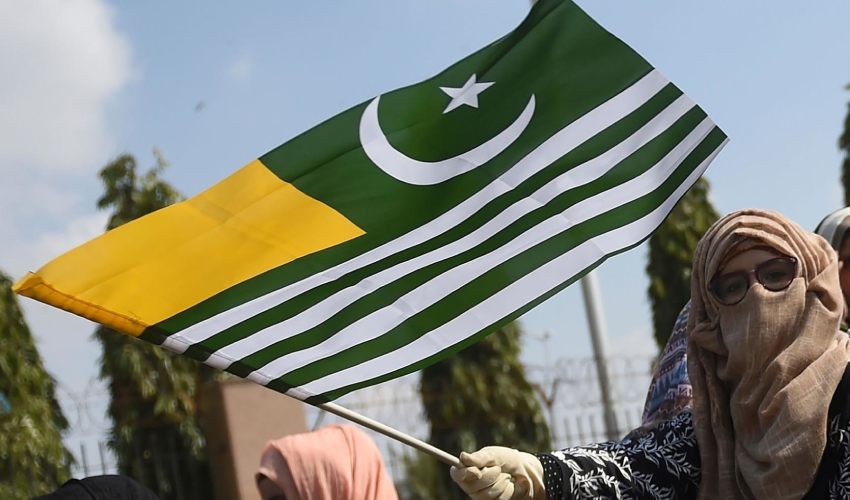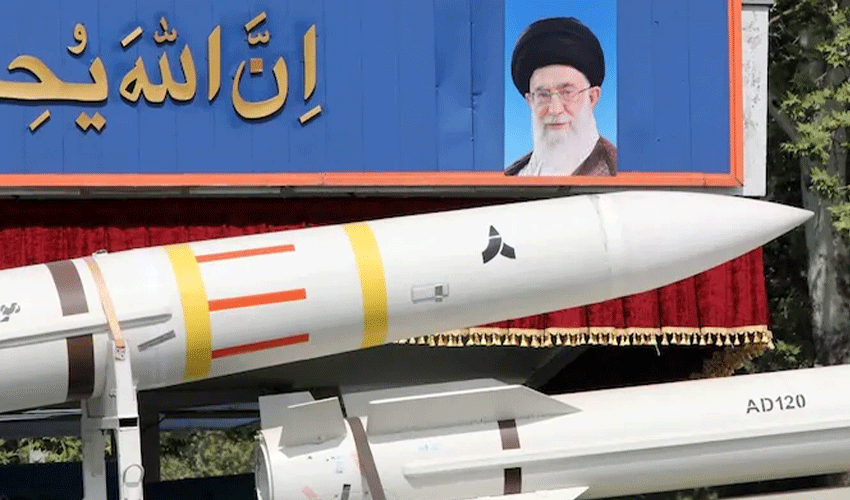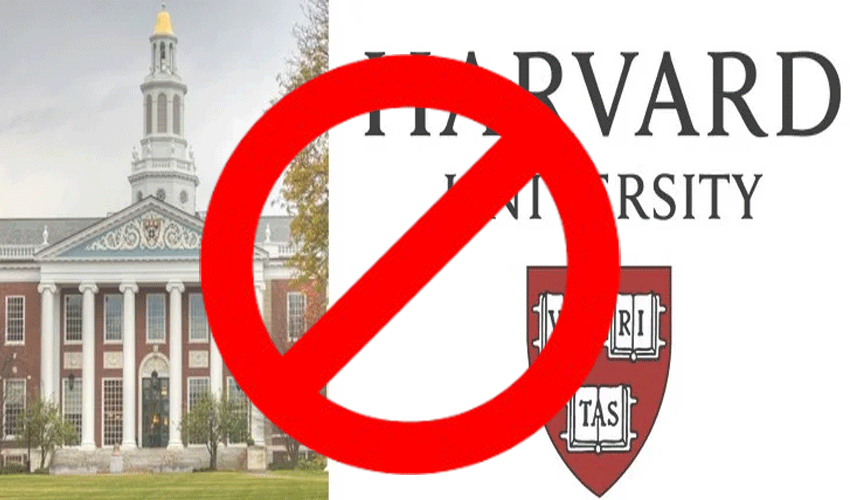Indian Illegally Occupied Jammu and Kashmir (IIOJK) has long been a flashpoint of conflict, enduring decades of violent insurgency and a tumultuous relationship with New Delhi.
For the first time in a decade, local assembly elections are being held in the region, drawing mixed reactions from the populace, some of whom are boycotting the polls while others actively participate.
Arun Adai Mukherjee, the BBC’s India correspondent, reports from the ground, where the political atmosphere is tense yet charged with a sense of hope. The elections are particularly significant as they come five years after the revocation of Kashmir’s special status, a move that stripped the region of its autonomy and has left many residents feeling disillusioned.
One of the prominent figures in this electoral landscape is Engineer Rashid, a former MLA recently released on bail after spending five years in jail on charges related to terror funding. Rashid is now actively campaigning, focusing his political agenda on developmental issues, governance, and the pressing need to resolve the longstanding Kashmir conflict. His message resonates with voters who have felt the impacts of losing statehood and autonomy in recent years.
Key issues driving the election discourse include a dire lack of jobs and the escalating cost of living. However, the restoration of Kashmiri identity and autonomy remains at the forefront of public concern. Previous elections in the region have been marred by violence and widespread boycotts, leaving the peace process fragile. The specter of conflict looms large, with an armed insurgency against Indian rule since the 1990s claiming thousands of lives, including civilians and security personnel.
Moreover, India has faced international scrutiny over alleged human rights violations and a growing crackdown on dissent, with critics asserting that such measures have intensified in recent years. Amidst this backdrop, voting in the current assembly elections is perceived by many as an act of resistance against these oppressive dynamics.
Prime Minister Narendra Modi’s administration has been advocating for a "new Kashmir," yet locals express their dissatisfaction, yearning for the old Kashmir that thrived before the upheaval. Despite the elections, many remain skeptical about the prospects of genuine change, as real power is expected to continue residing with the central government in this federally administered region.



























